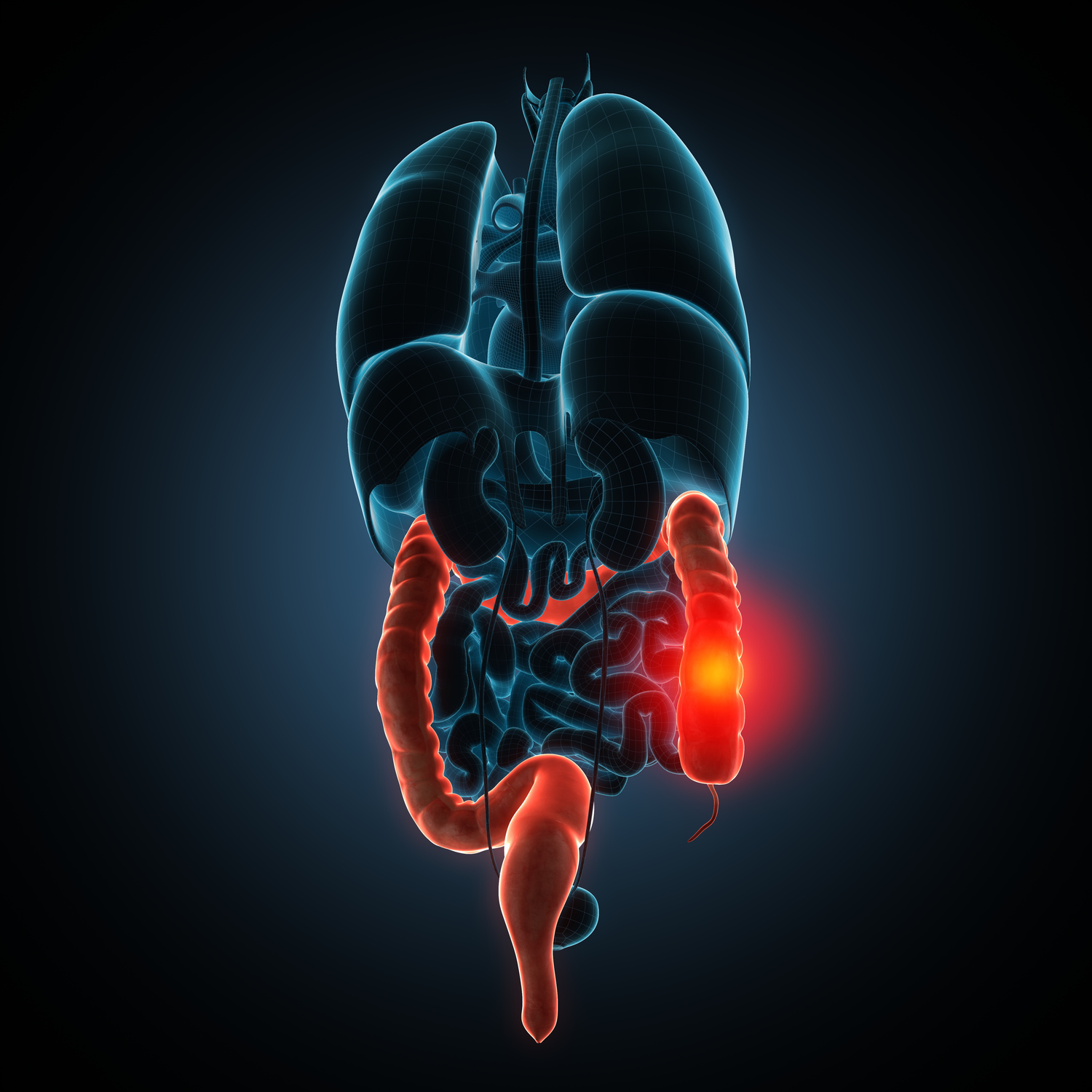Recognizing the Key Symptoms and Risks of Crohn’s Disease
Learn about the key symptoms and risks associated with Crohn’s disease, including diarrhea, rectal bleeding, weight loss, fatigue, and potential complications like intestinal blockage and colon inflammation. Early detection and medical attention are essential for effective management of this chronic inflammatory bowel disorder.

Crohn’s Disease: Key Indicators and Risks
Crohn’s disease is a long-term inflammatory condition impacting the gastrointestinal (GI) tract, which can extend from the mouth to the anus. Any segment of the digestive system may be affected. Its development involves genetic, immune system, and environmental influences, often targeting the ileum or small intestine that connects to the large intestine.
Genetic factors can contribute to early-onset Crohn’s disease.
A compromised immune system may worsen symptoms due to reduced ability to fight abnormal processes.
External triggers like specific bacteria or infections may initiate disease symptoms.
Common Signs of Crohn’s Disease
Persistent diarrhea:
Characterized by watery stools, stomach cramps, pain, and occasional fever, frequent diarrhea is a hallmark symptom and requires immediate attention. The occurrence does not necessarily correlate with severity, which can range from mild to moderate.
Rectal bleeding:
Blood in the stool or rectal bleeding is a significant and observable sign of intestinal issues related to Crohn’s.
Unexplained weight loss:
Weight loss often indicates chronic illness and tends to correlate with disease severity.
Fatigue:
Persistent tiredness, exhaustion, loss of energy, and decreased appetite are common with active inflammation.
Reduced appetite:
Frequent diarrhea and fatigue can suppress hunger, leading to further weight loss.
Potential Complications of Crohn’s Disease
Beyond basic symptoms, severe cases may develop complications requiring urgent care.
Intestinal blockage: Can obstruct digestion but is manageable with prompt treatment.
Scar tissue formation: Inflammation may cause fibrosis leading to narrowing or strictures.
Fissures and tears: Inflammatory damage can result in fissures, sometimes causing rectal bleeding.
Colon inflammation: Raises the risk of colon cancer, emphasizing the need for medical monitoring.
Note:
This article offers helpful insights into Crohn’s disease symptoms and risks for informational purposes. It is not a substitute for professional medical advice. For diagnosis and treatment, consult a healthcare provider. The website does not assume responsibility for inaccuracies or third-party data.










